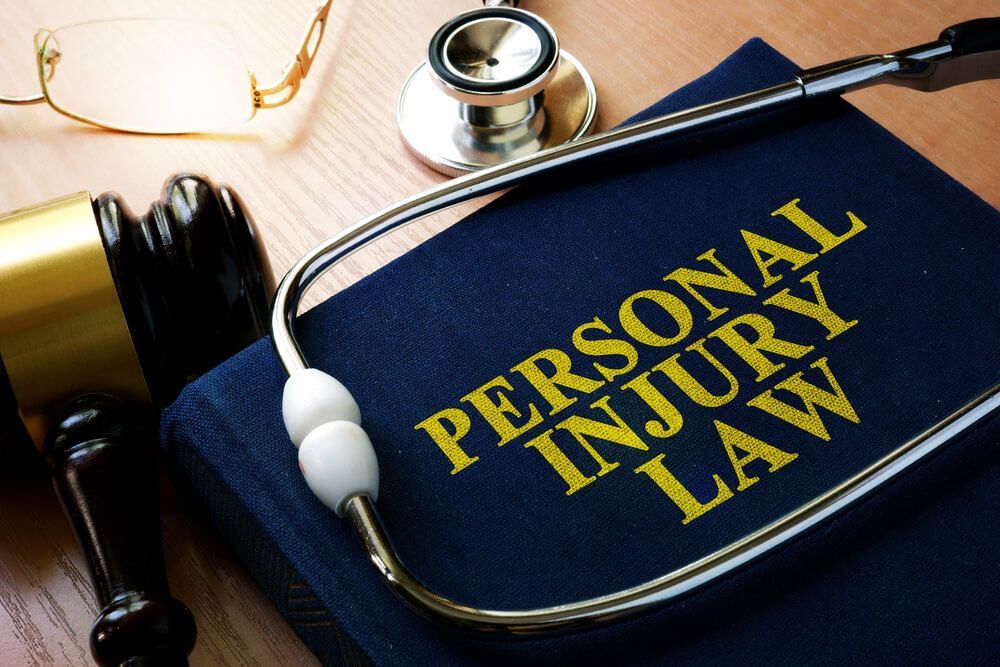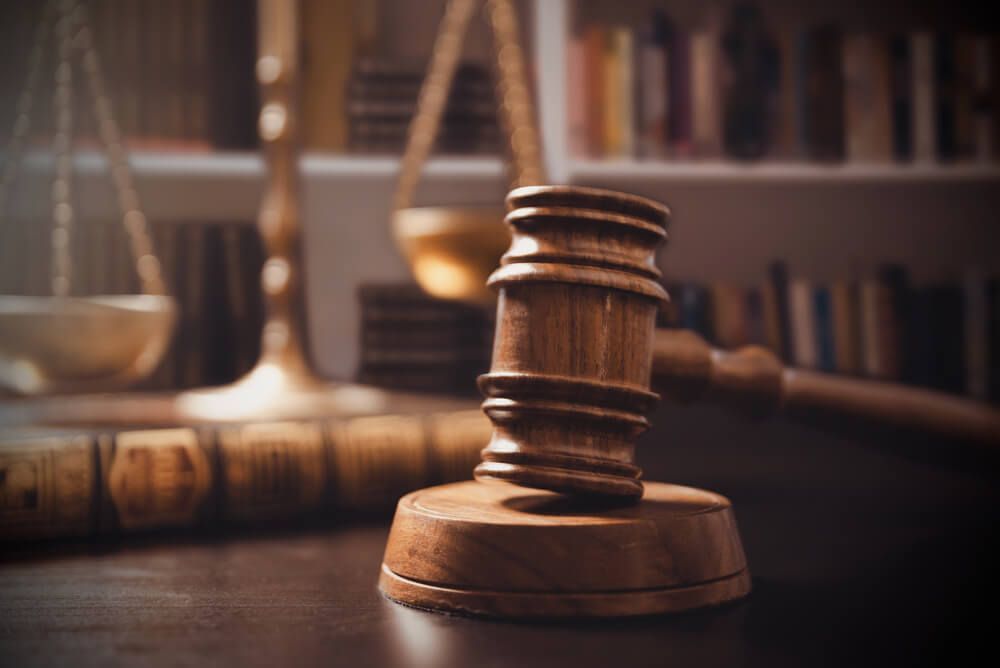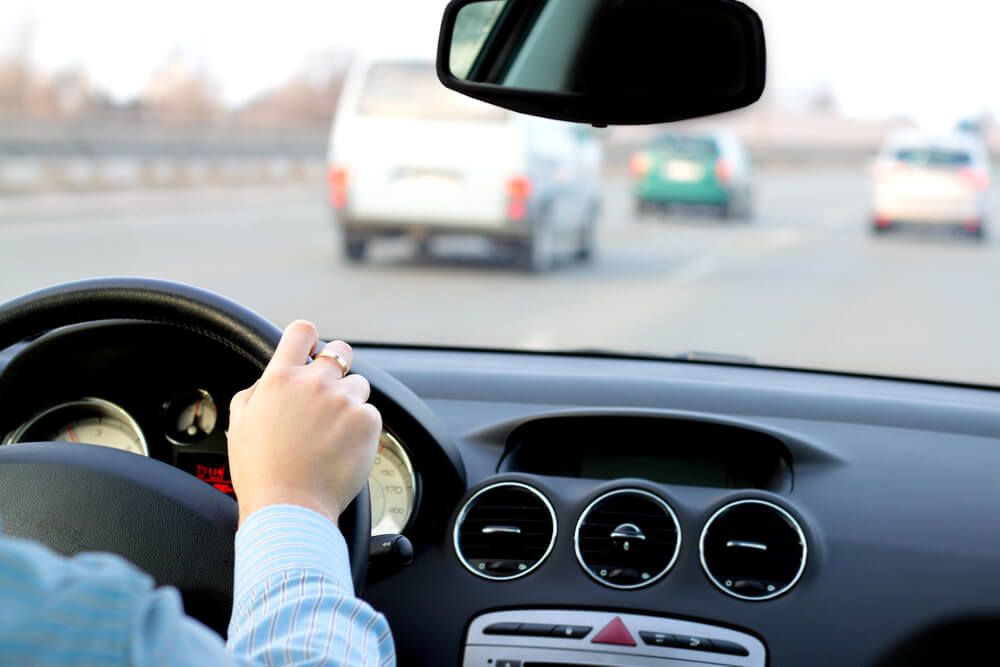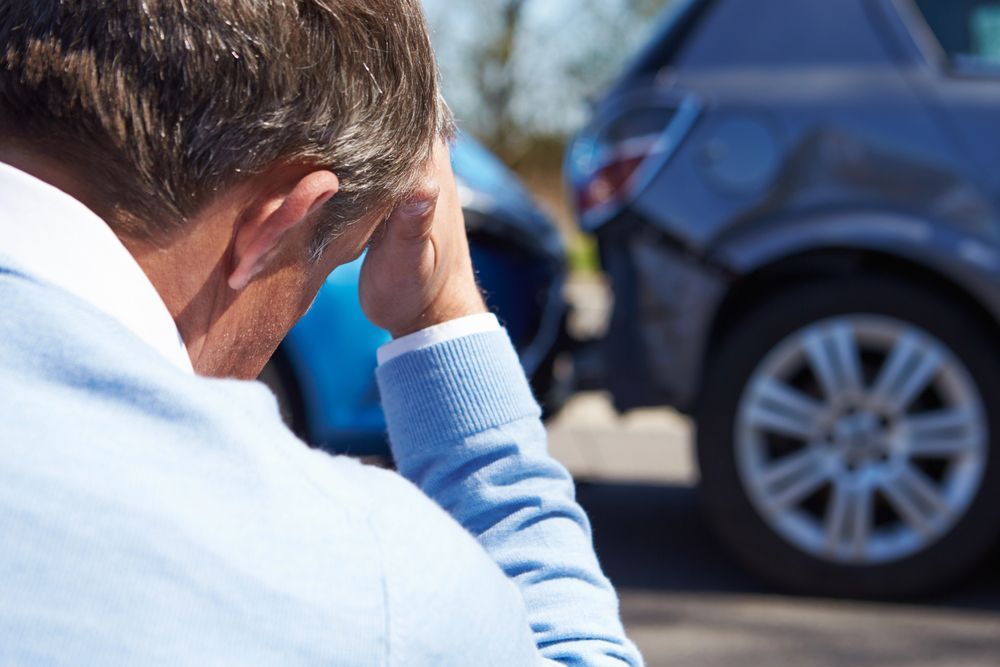Sargon Law Blog
Recent Blog Posts
8 Motorcycle Safety Tips for Arizona Motorcyclists
There are approximately 320,000 motorcycles registered in the state of Arizona. Because you are more vulnerable when riding if you get in a crash, motorcycle safety tips can help prevent collisions or at least lessen your risk for severe injury or death if a collision is unavoidable.
Why Is Motorcycle Safety Important in Arizona?

According to the Arizona Department of Transportation, there were 2,676 motor vehicle collisions involving motorcycles in 2019. Over 170 of these crashes resulted in fatalities, while 2,235 people received nonfatal injuries.
At Chandler Regional Hospital, the most frequent injuries seen in the Level-1 Trauma Center result from motor vehicle collisions, including those involving motorcycles. Common injuries resulting from motorcycle crashes include the following:
- Broken bones
- Deep abrasions, also known as "road rash"
- Internal organ damage
- Traumatic brain injuries
- Spinal cord injuries
Any of these injuries can be severe. If you break a bone, it usually heals completely, but it can take a long time. Some bone fractures require surgery to repair. Road rash can be extremely painful and leave you susceptible to bacterial infection. Brain or spinal cord injuries could cause permanent cognitive or motor dysfunction.
What Are the Top Motorcycle Safety Tips for Riding in Arizona?
If you get into a crash on your motorcycle, you are more likely to sustain a serious injury than you would be in a car because you don't have a steel cage around you the way the occupants of a passenger vehicle do, nor do you have safety features such as seat belts and airbags. If you collide with a car or truck on your motorcycle, you are at a weight disadvantage. As a result, you bear more of the force from the impact.
The following tips for motorcycle safety can help you prevent a crash or minimize the risk of injury should a crash occur.
1. Get Your License
To ride a motorcycle legally in Arizona, you either have to get a motorcycle license or a motorcycle endorsement on your driver's license. Initially, you may receive a motorcycle instruction permit, which allows you to ride with certain restrictions. You will have to pass a motorcycle operator written test and a practical motorcycle rider skill test before you can receive your license.
2. Find the Right Bike
Before you purchase a motorcycle, test it out first. Make sure that it is not too fast nor too powerful for you to control. When getting used to a new bike, ride it in a controlled area first to get a feel for how it handles before taking it out on the road.
3. Check the Bike Before Every Ride
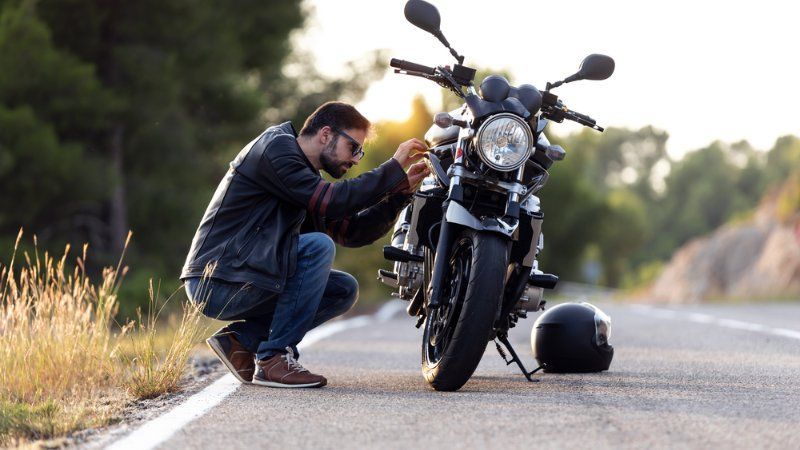
Mechanical problems can lead to a motorcycle crash. Before you get on your bike and start riding, make sure you check the following every time:
- Fluids
- Tire pressure
- Turn signals
- Brake lights
- Clutch and brake levers
If there is any sort of mechanical problem with your bike, get it fixed before you ride.
4. Ride Defensively
When you are on your motorcycle, you can easily get lost in another vehicle's blind spot because of the narrow profile that you present. Motorcycle safety requires constant vigilance. Be aware of your surroundings at all times. Try to anticipate what the operators of other vehicles will do. Imagine the worst-case scenario and think about what you can do to avoid it. This helps you to act quickly to avoid a crash.
5. Stay Alcohol and Drug Free
Drugs and alcohol can slow your reaction time and impair your judgment. You should avoid any of these substances for at least eight hours before you ride. If you take prescription medications, be aware of the side effects that they can cause. Some will come with warnings not to operate a motor vehicle after taking. Be sure you know how your prescription medications affect you before you attempt to ride your motorcycle.
6. Get Enough Rest
For the sake of motorcycle safety, being well-rested is as important as being sober. Research has shown that fatigue can impair driving ability just as alcohol or drugs can, and that operating a motor vehicle while exhausted can be at least as dangerous as operating while intoxicated. In an estimated 20% of fatal motor vehicle collisions, including those involving motorcycles, drowsiness is a factor.
7. Be Aware of the Weather
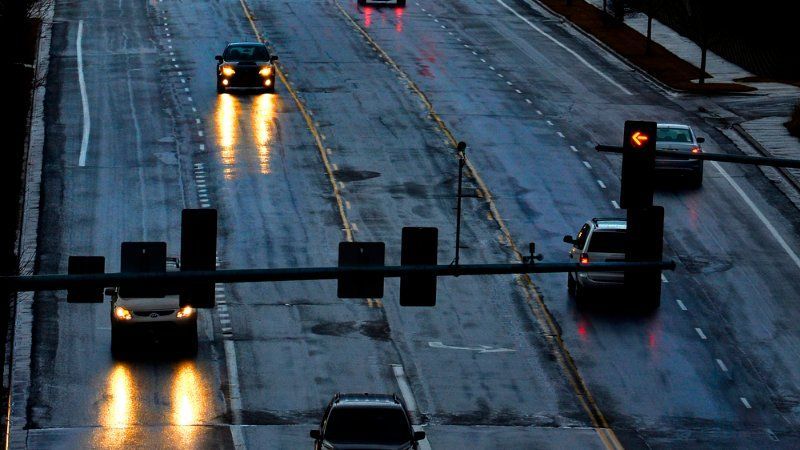
This is paragraph text. Click it or hit the Manage Text button to change the font, color, size, format, and more. To set up site-wide paragraph and title styles, go to Site Theme.

